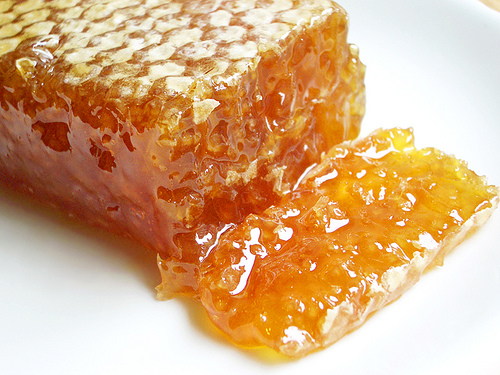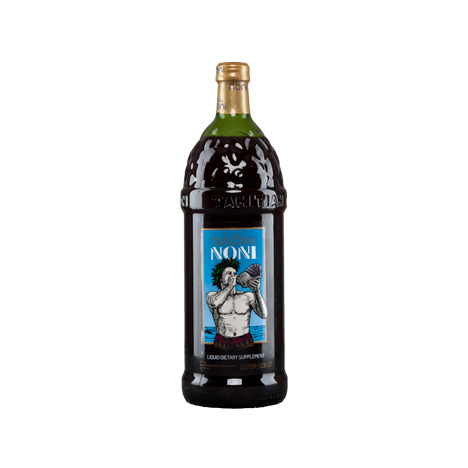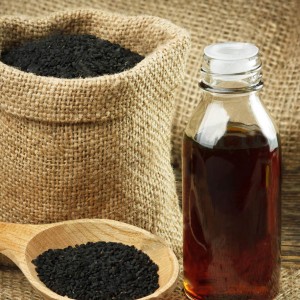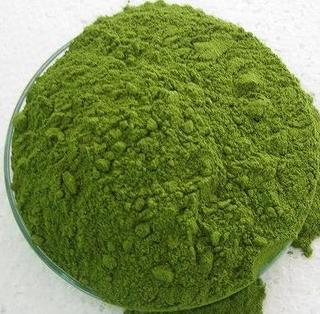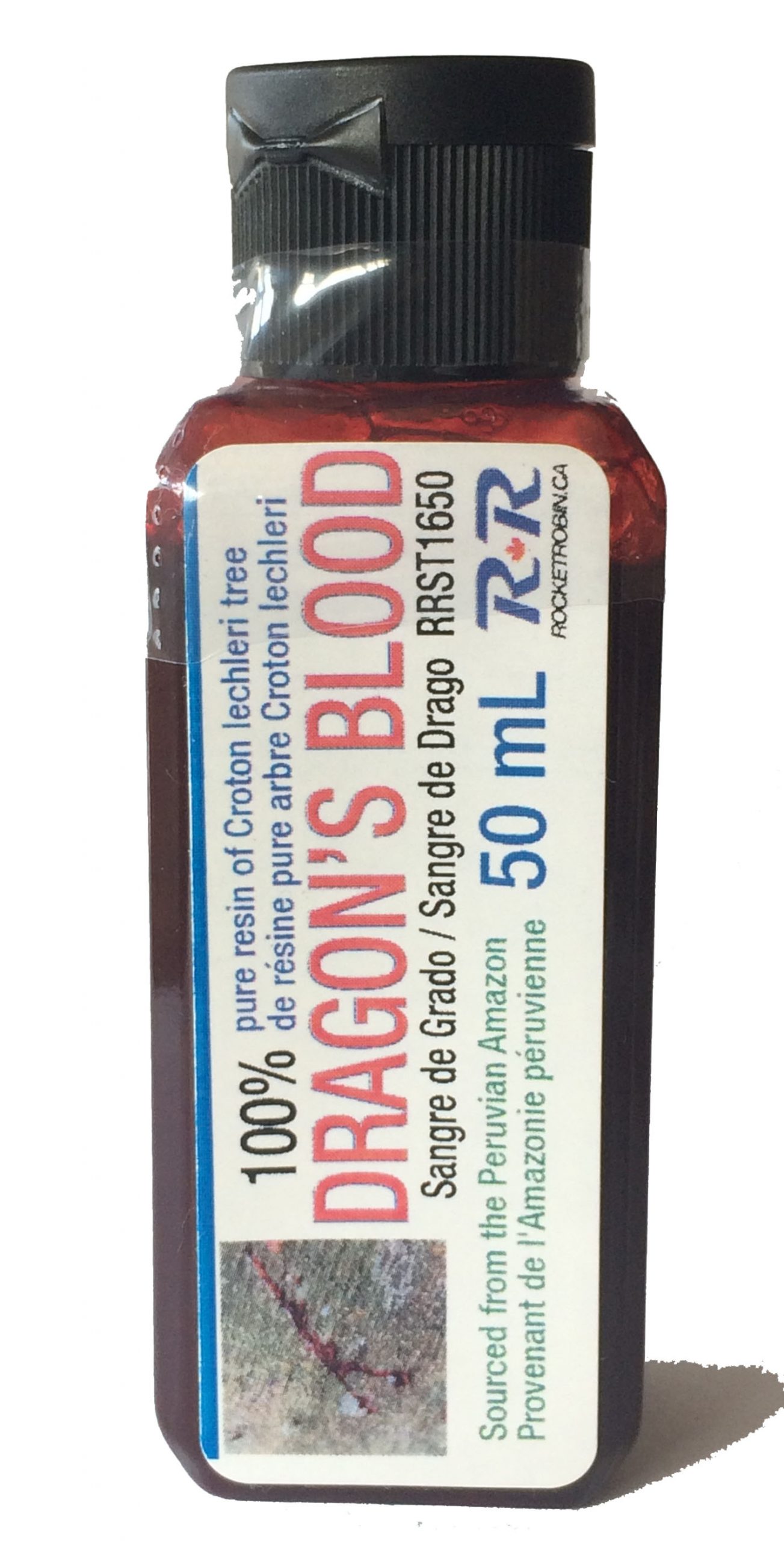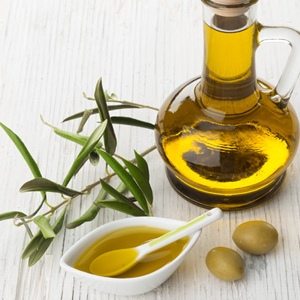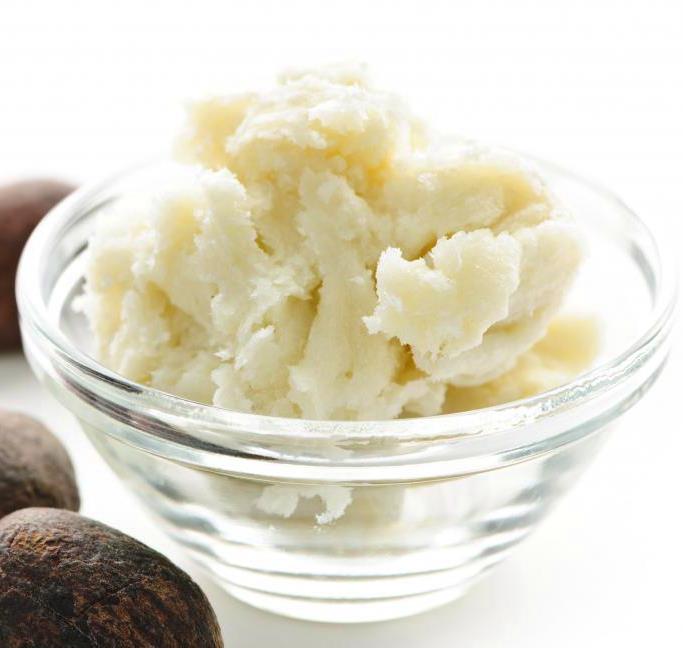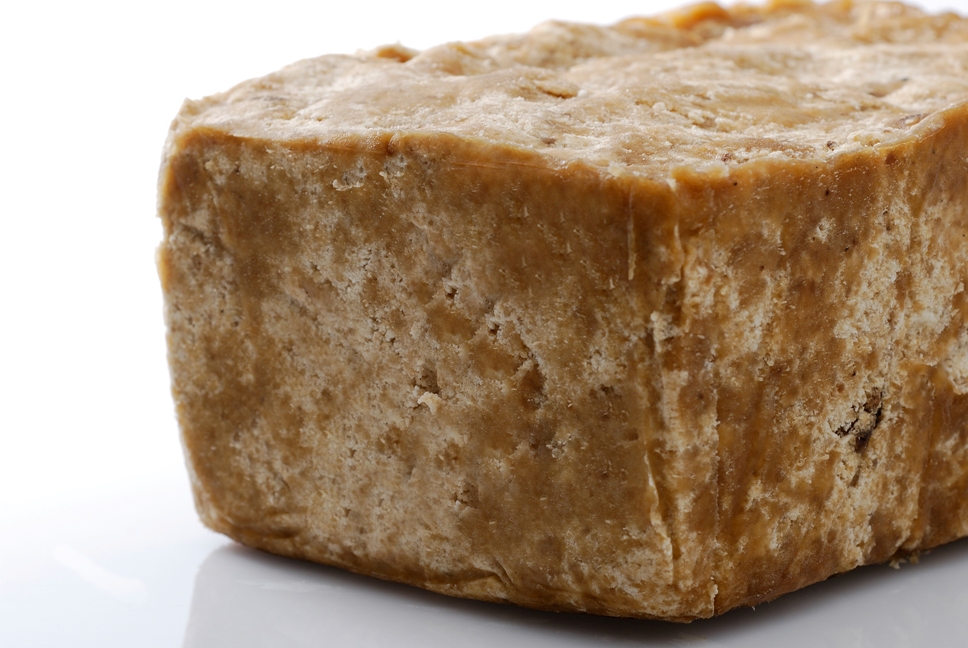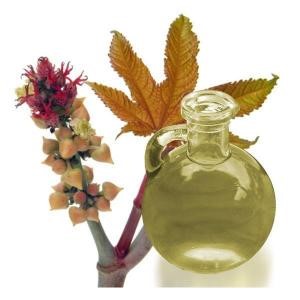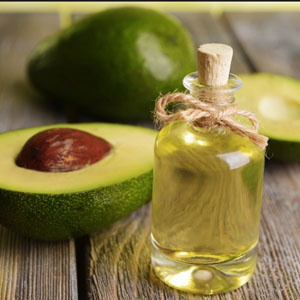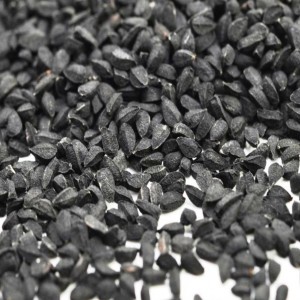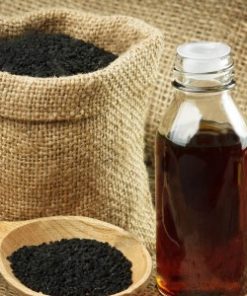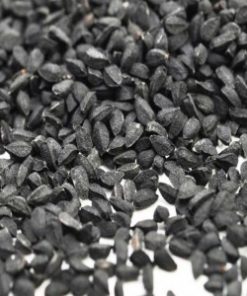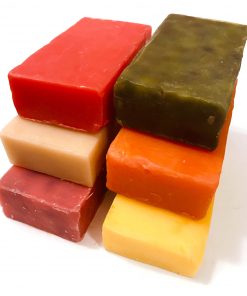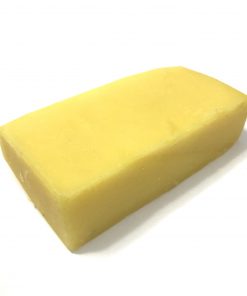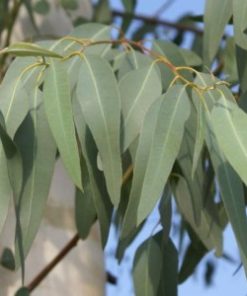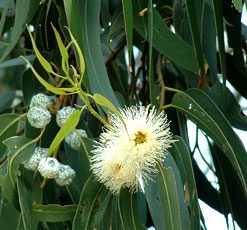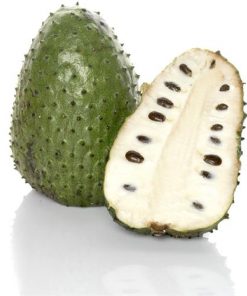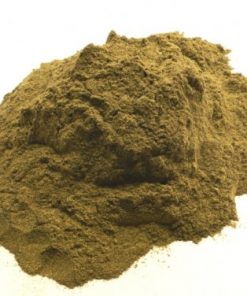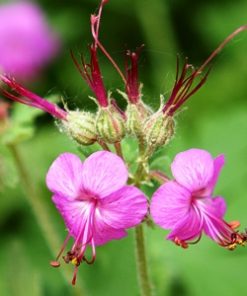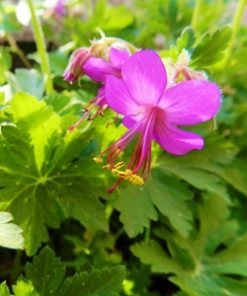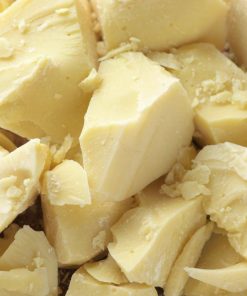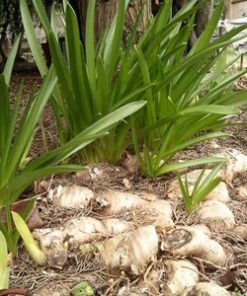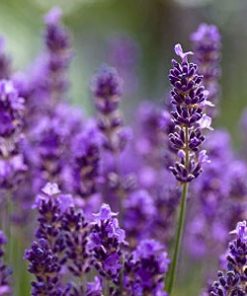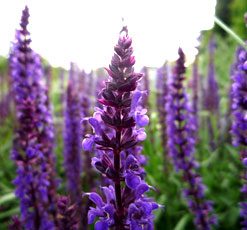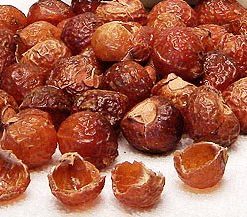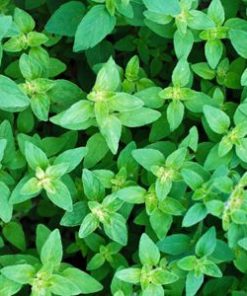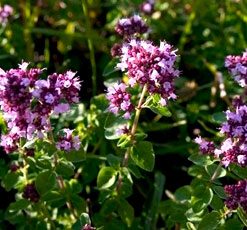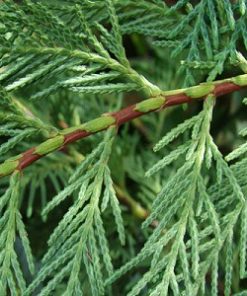$14.99 – $15.00
ALWAYS FRESH! Cold-Pressed in small batches every couple of months. Bottled in Canada.
Description
Black Seed Oil
Black seed oil is an oil derived by pressing the seeds of the Nigella Sativa plant. The seeds are also commonly referred to as black cumin. The nutrient-rich oil of black seed has been used for hundreds of years in the Middle East and South Asia as a natural remedy for a variety of ailments.
Nigella Sativa (Black Seed) has been revered as a medicinal herb with a wide range of healing capabilities for almost 4000 years. Even the Holy Prophet Muhammad (s.a.w) once said:
“Hold on to the use of the black seed for it has a remedy for every disease except death.”
“Black seed” is actually more of a description than a proper name, yet is preferred because it helps to distinguish it from caraway and cumin. Many health experts claim that it is, indeed, a true panacea; able to help cure everything from allergies to hypertension. Quite possibly, the most promising research has been done connecting Nigella sativa to multi-drug resistant bacteria. This is a real big deal because these so-called “superbugs” are becoming a significant public health risk.
A TRUE PANACEA
There are so many simple natural remedies with a long history of use that have been largely forgotten in modern times. Many doctors, especially functional medicine and naturopathic doctors, are finding success in combining conventional medical treatments with natural ways to support the body. One of these age-old remedies that has gained recent popularity is Black Seed Oil or Nigella Sativa.
The plant is technically part of the buttercup family and has small, black, crescent shaped seeds. Historical accounts of Black Seed use date back as far as the times of King Tut in Ancient Egypt. Cleopatra reportedly used black cumin seed oil for beautiful hair and skin and Hippocrates was fond of using it for digestive troubles.
There are now over 600 studies showing the effects of black cumin seed oil and there is promising research on the use of black cumin seed oil for dealing with autoimmune disease. Its active compounds, crystalline nigellone and thymoquinone, are the most studied, but it also contains: myristic acid, palmitic acid, stearic acid, palmitoleic acid, oleic acid, linoleic acid, arachidonic acid, proteins and vitamins B1, B2,B3, calcium, folate, iron, copper, zinc and phosphorous.
History of the Black Seed
For over two thousand years the black seed, a plant from the Ranunculaceae (buttercup) family, has been traditionally used by various cultures throughout the world as a natural remedy for several diseases and ailments and to improve health in general.
The ancient Egyptians knew and used the black seed and described it as a panacea (cure for problems and diseases). Tutankamun even had a bottle of the oil in his tomb!
The Romans also knew this seed and called it Greek Coriander and used it as a dietary supplement.
In the first century, the Greek physician Dioscoredes recorded that the black seed were taken to treat headaches, nasal congestion, toothache and intestinal worms.
The black seed is also mentioned in the Bible in Isiah 28:25-27 as the ‘fitches’. Ibn Senna, known in the West as Avicenna, who wrote the great medical treatise ‘The Canon of Medicine’, referred to the black seed as the seed ‘that stimulates the body’s energy and helps recovery from fatigue’.
Proven Health Benefits
1. Cancer
Croatian scientists evaluated the antitumor activity of thymoquinone and thymohydroquinone in mice and discovered that the two phytochemicals in black seed oil can resulted in 52% decrease in tumor cells!
2. Liver Health
The liver is one of the most important organs in the body. Nearly every toxin gets processed through the liver, and the bile from the liver is the key to digesting fats and keeping your mind and body happy and healthy. For those that have struggled with poor liver function due to medication side effects, alcohol consumption, or disease, black seed oil could greatly speed the healing process. In a recent study scientists discovered that black seed oil benefits the function of the liver and helps prevent both damage and disease.
3. Diabetes
Explained in a recent article published by the Journal of Endocrinology and Metabolism, researchers from the Indian Council of Medical Research highlight that black seed oil “causes gradual partial regeneration of pancreatic beta-cells, increases the lowered serum insulin concentrations and decreases the elevated serum glucose.” Nigella sativa is one of the few substances on the planet that is suggested to help prevent both type 1 and type 2 diabetes.
In fact, according to the study, black seed “improves glucose tolerance as efficiently as metformin; yet it has not shown significant adverse effects and has very low toxicity!” Metformin, one of the most commonly prescribed type 2 diabetes drugs, can cause a wide slew of side effects.
4. Weight Loss
The Journal of Diabetes and Metabolic Disorders published a study last June systemically reviewing the literature for plants that have anti-obesity properties and discovered that black seed oil was amongst the most effective natural remedies on the planet.
5. Hair
Probably one of the most unique black seed oil benefits is its uncanny ability to help restore hair loss. No one quite understands why it happens, but it’s not too hard to guess that it has something to do with its powerful antioxidant and antimicrobial properties. By strengthening hair follicles, there is very good reason to see how black seed oil can help promote strengthened hair roots.
6. Skin
Produced in the retina, choroid and epidermis, melanin are pigments that protect the skin from damage. You probably are most family with it being the main chemical responsible for giving our eyes and skin their individual color. Known to promote and inhibit melanogenesis (melanin production), black seed oil benefits on the skin and other cells are profoundly healing.
7. Infections (MRSA)
Of all the superbugs that black seed oil can kill, Methicillin resistant Staphylococcus aureus (MRSA) is one of the most important. MRSA is plaguing hospitals and nursing homes across the globe because ordinary staph infections are becoming resistant to generic antibiotics. The elderly population is especially at risk because it is generally associated with invasive procedures such as surgeries, intravenous tubing, and artificial joints. Primarily due to weakened immunity, the growing population of senior citizens has made MRSA a global public health risk.
Thankfully, one of the strongest black seed oil benefits comes to the rescue. Pakistan scientists took several strains of MRSA and discovered that each one was sensitive to N. Sativa, proving that black seed oil can help slow down or stop MRSA from spreading out of control.
TRUST ROCKET ROBIN
Rocket Robin is proud to be your supplier of truly natural products with simple ingredients in support of your family’s health and well-being.
Additional information
| Weight | 0.3 kg |
|---|---|
| Dimensions | 15 × 15 × 2.5 cm |
| Volume | 100 ml, 250 ml |

